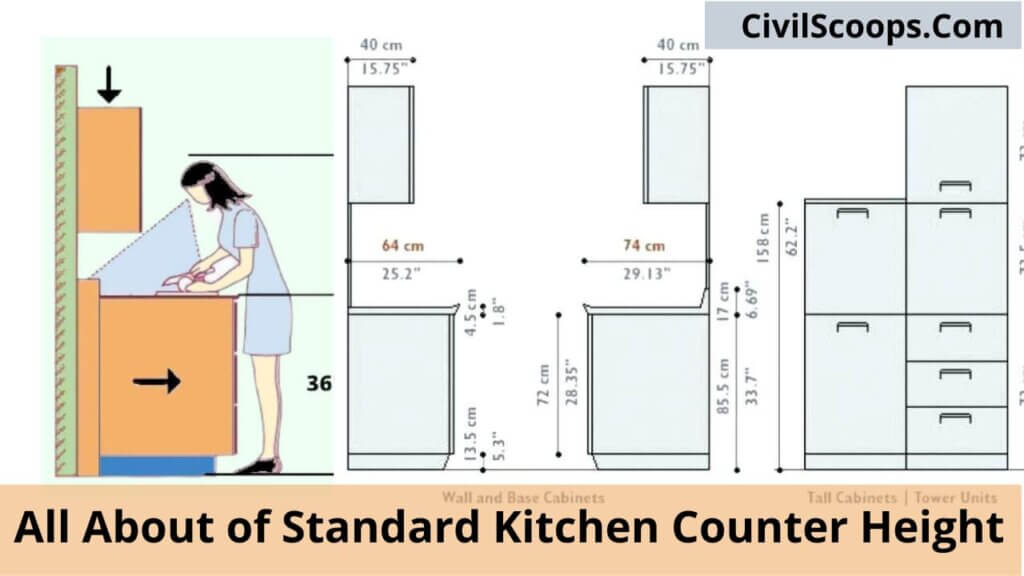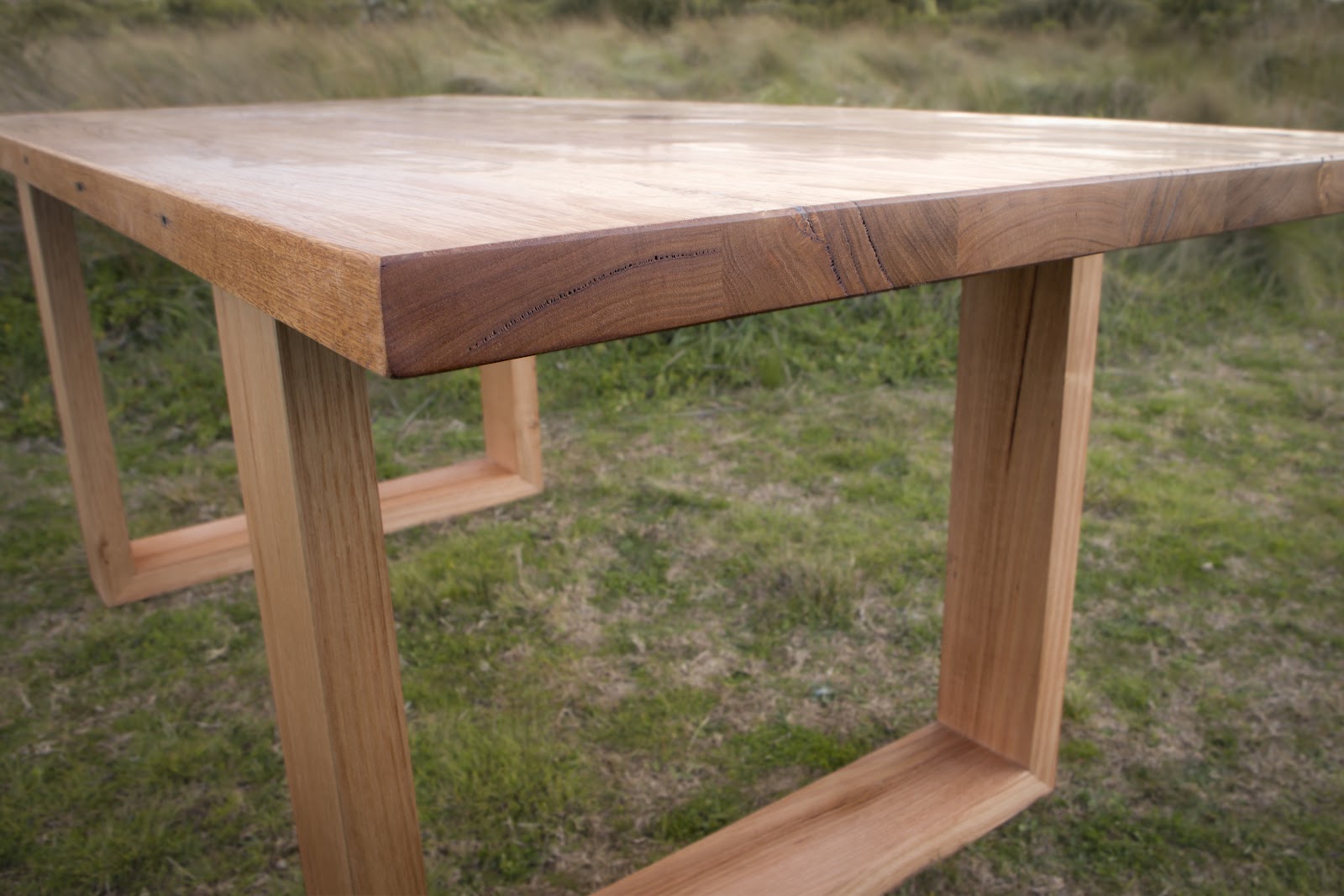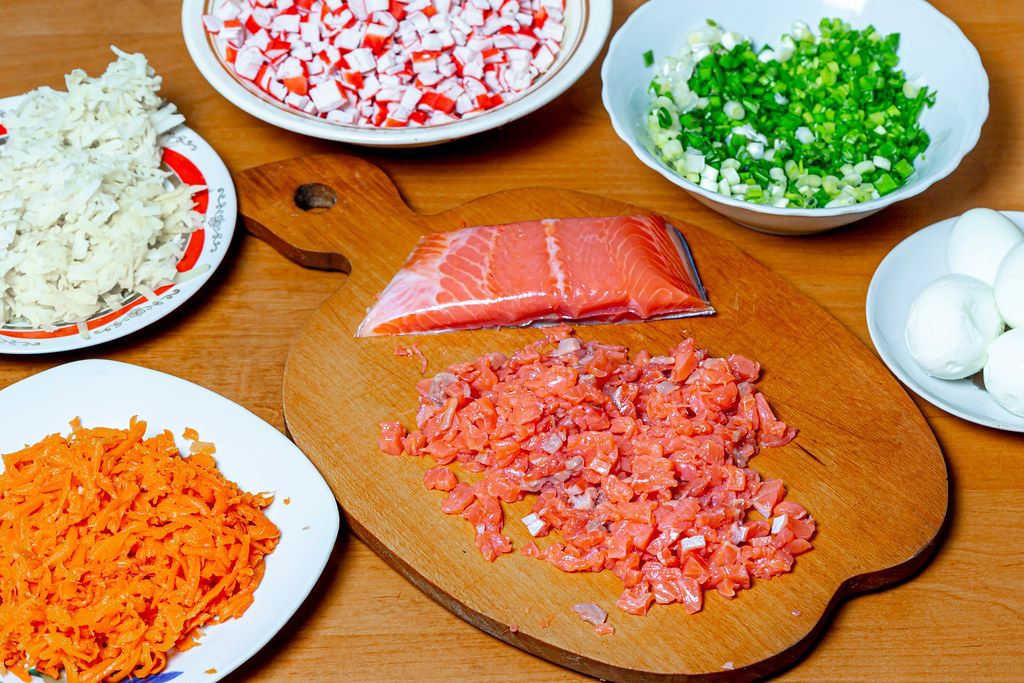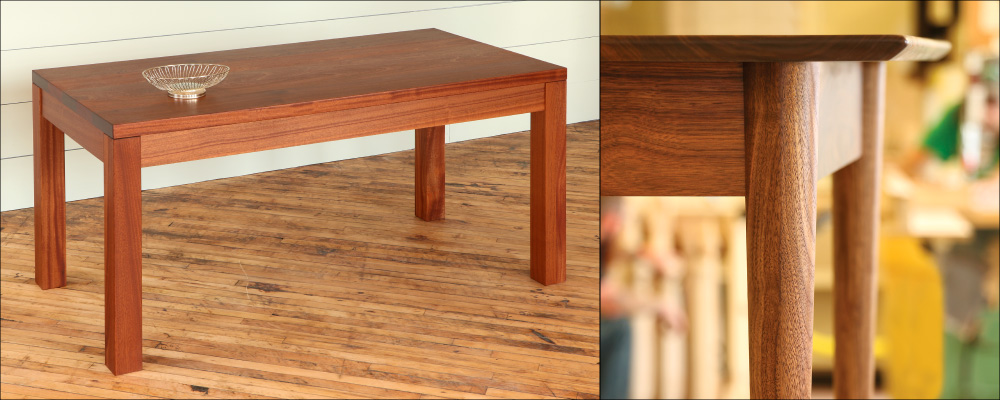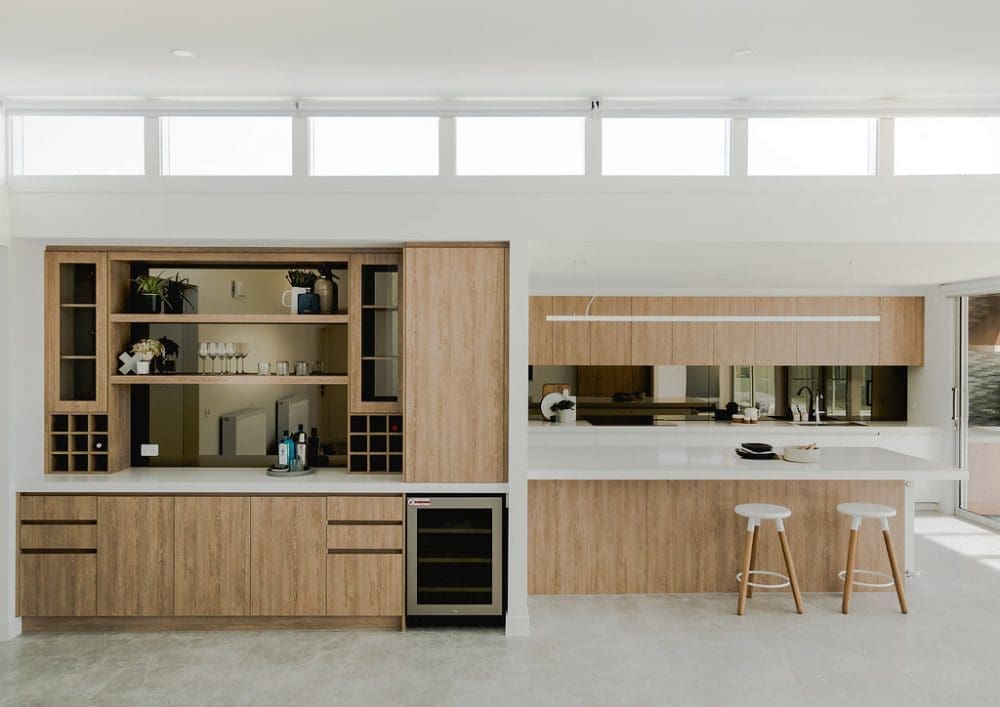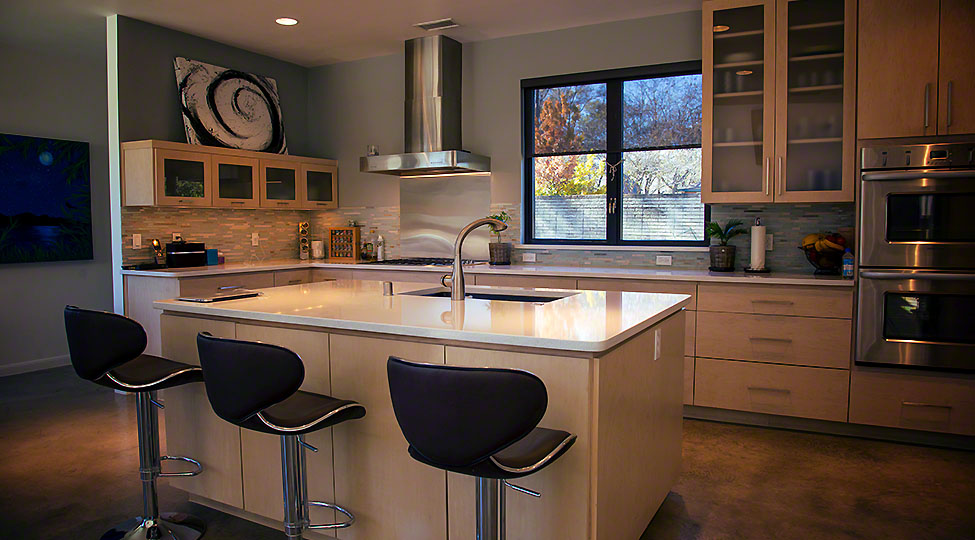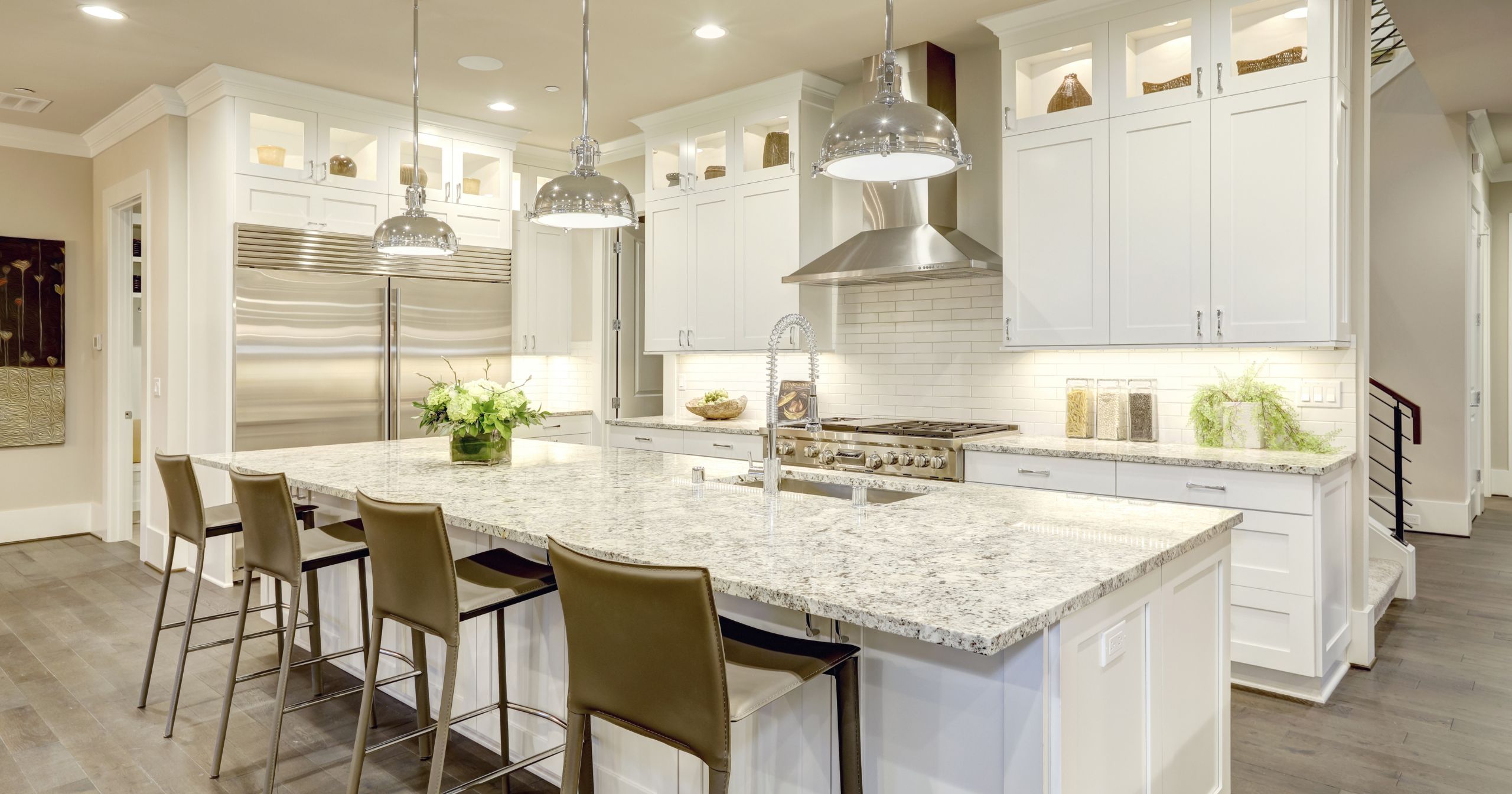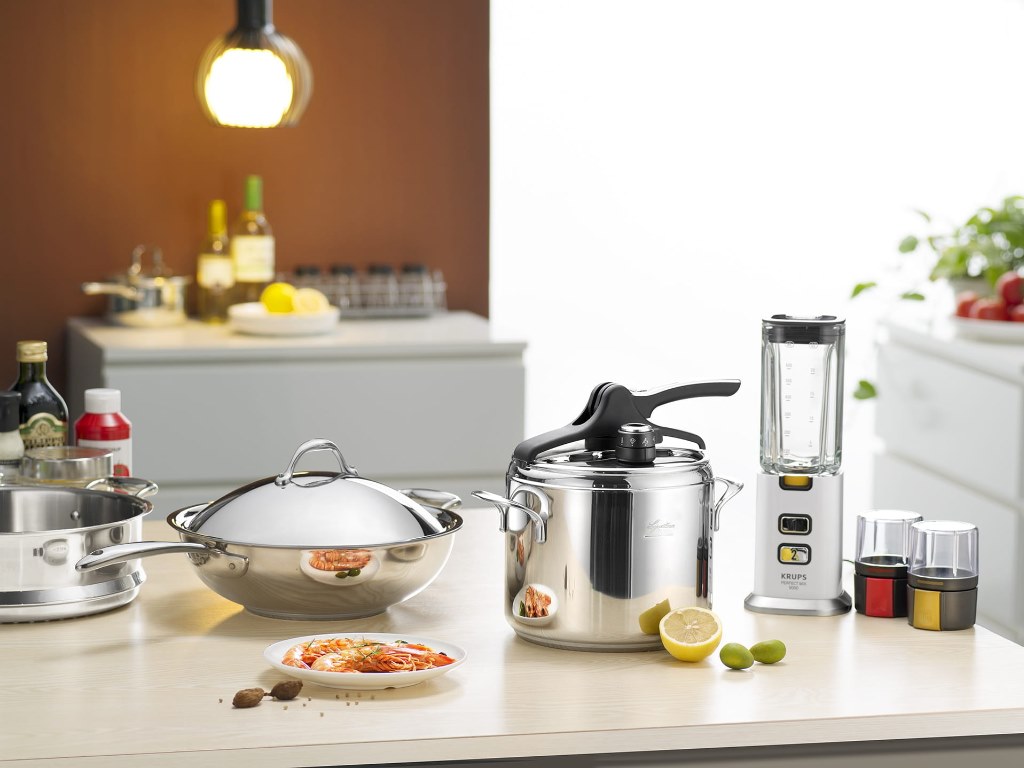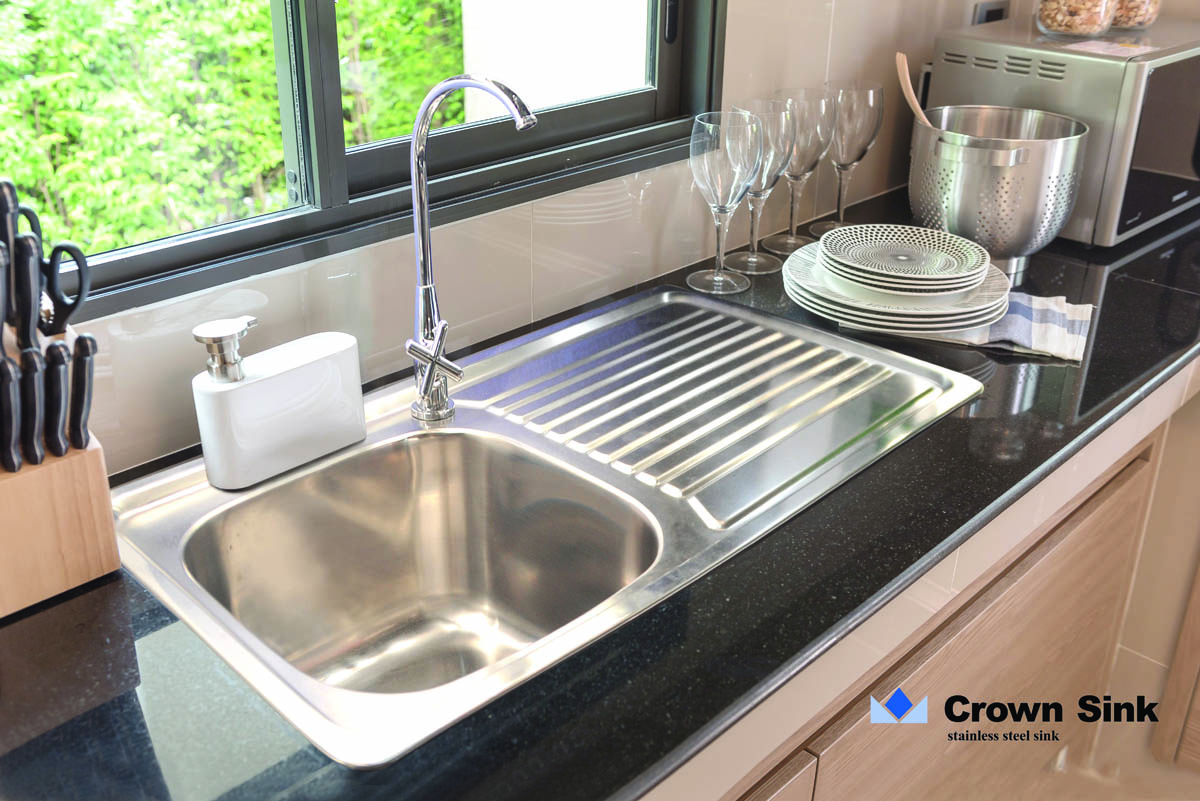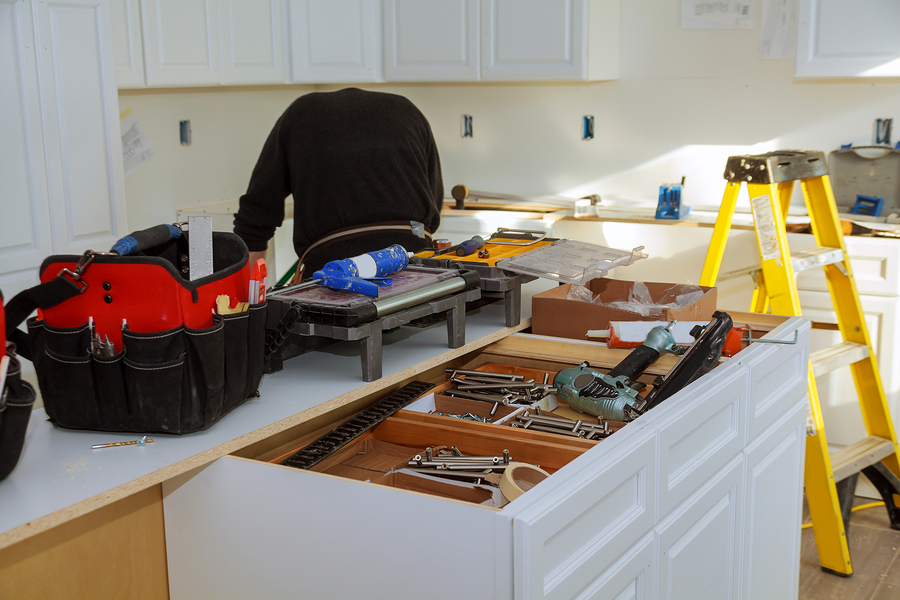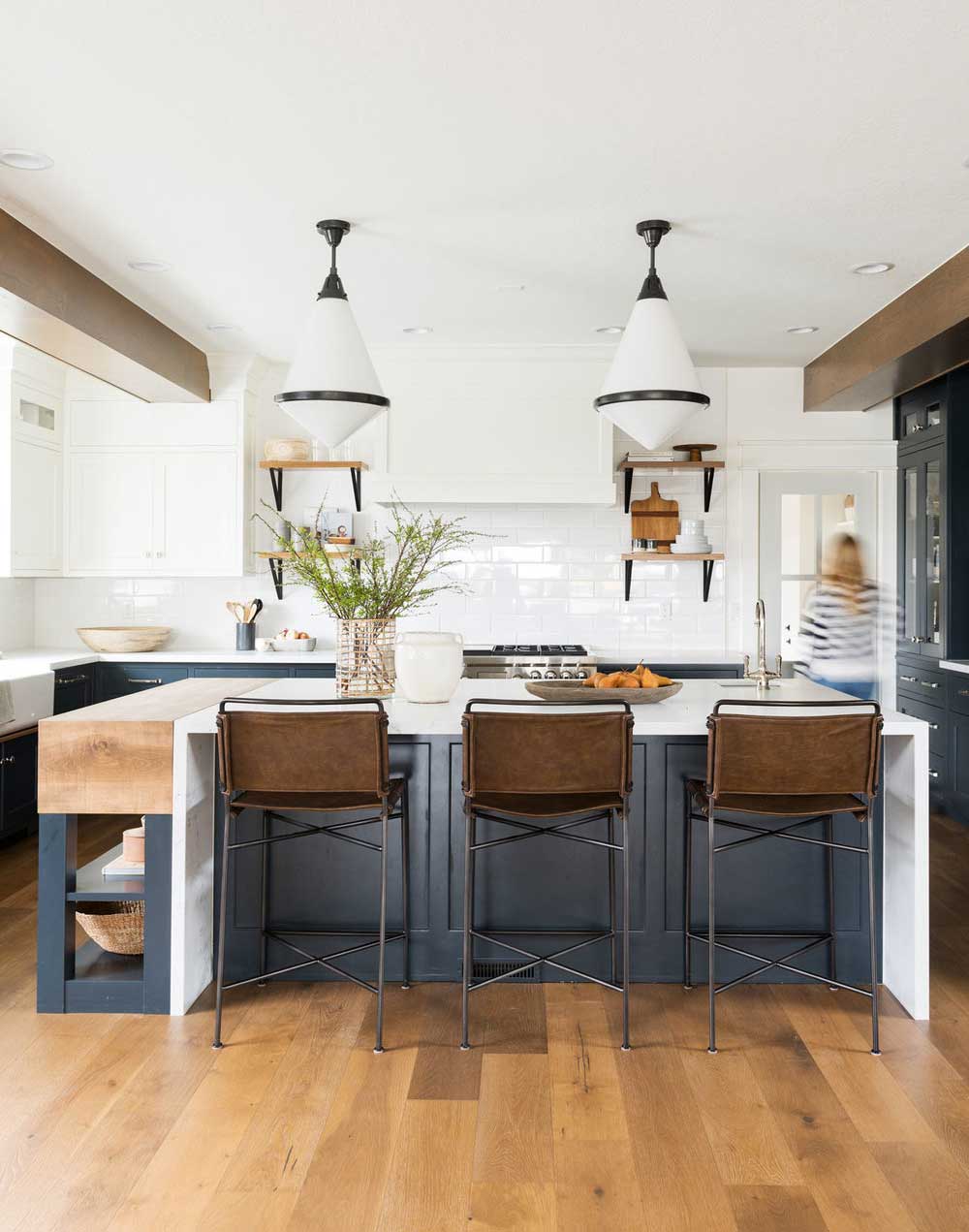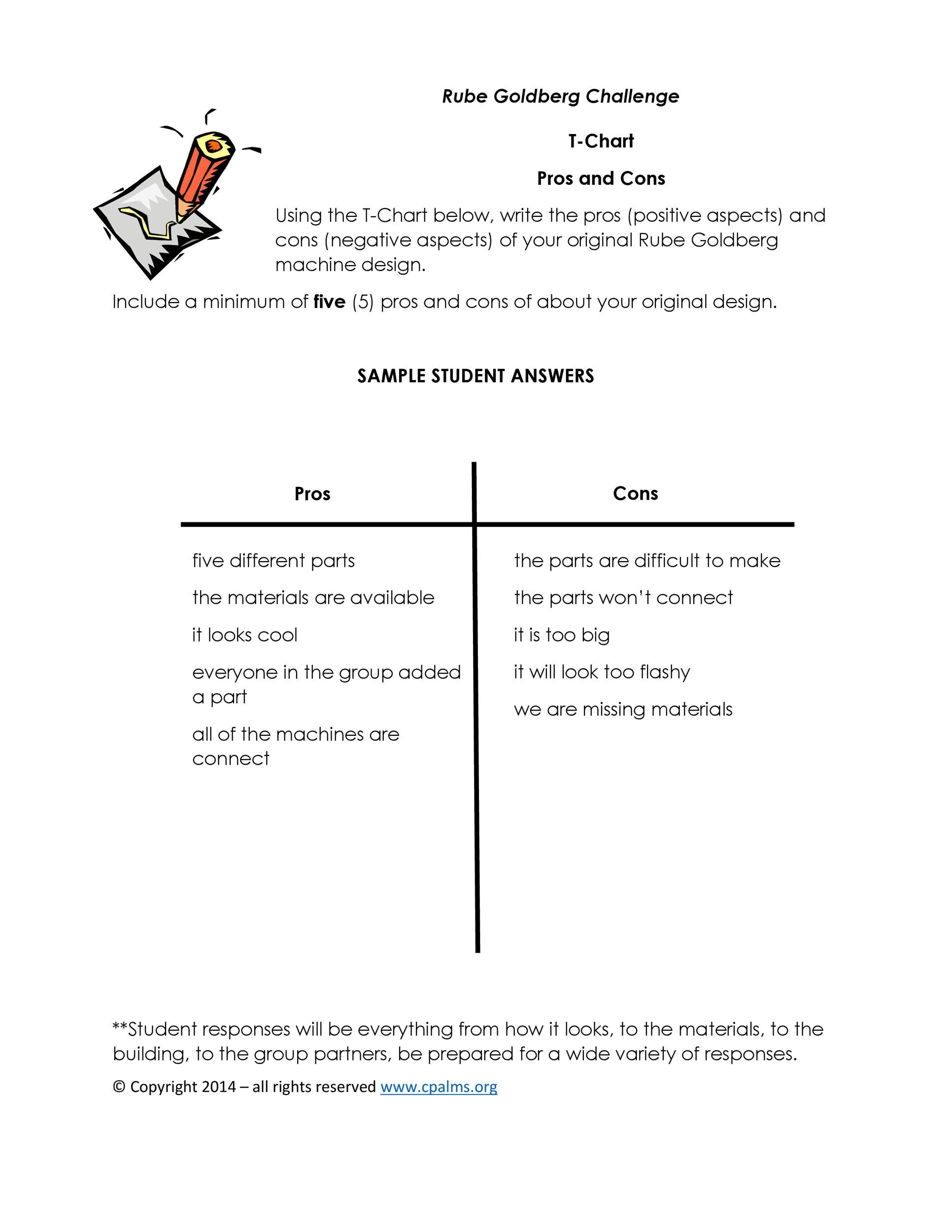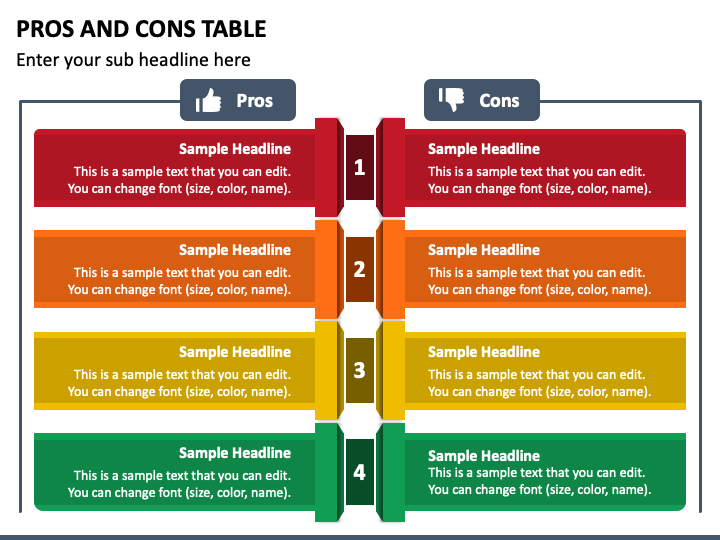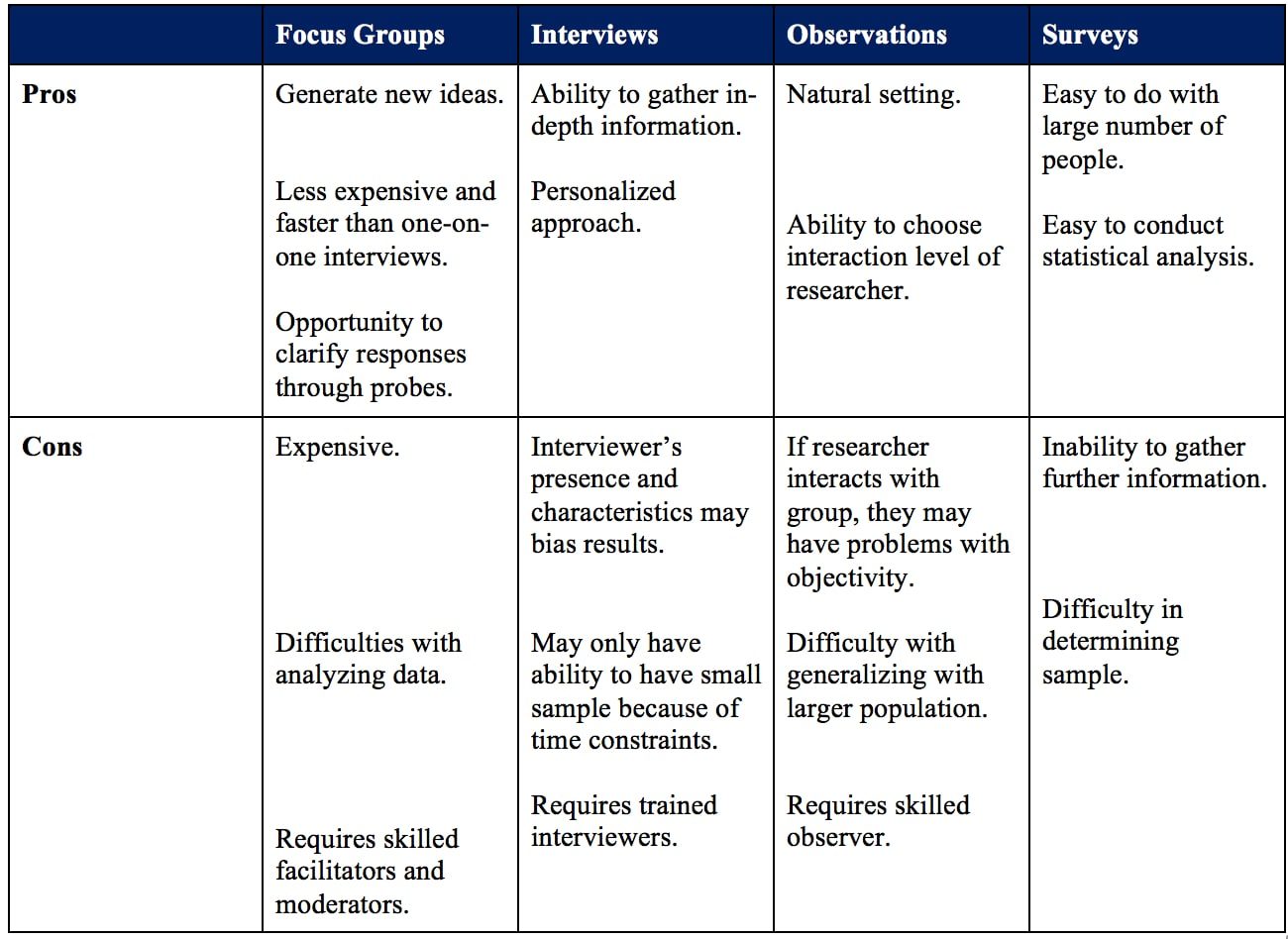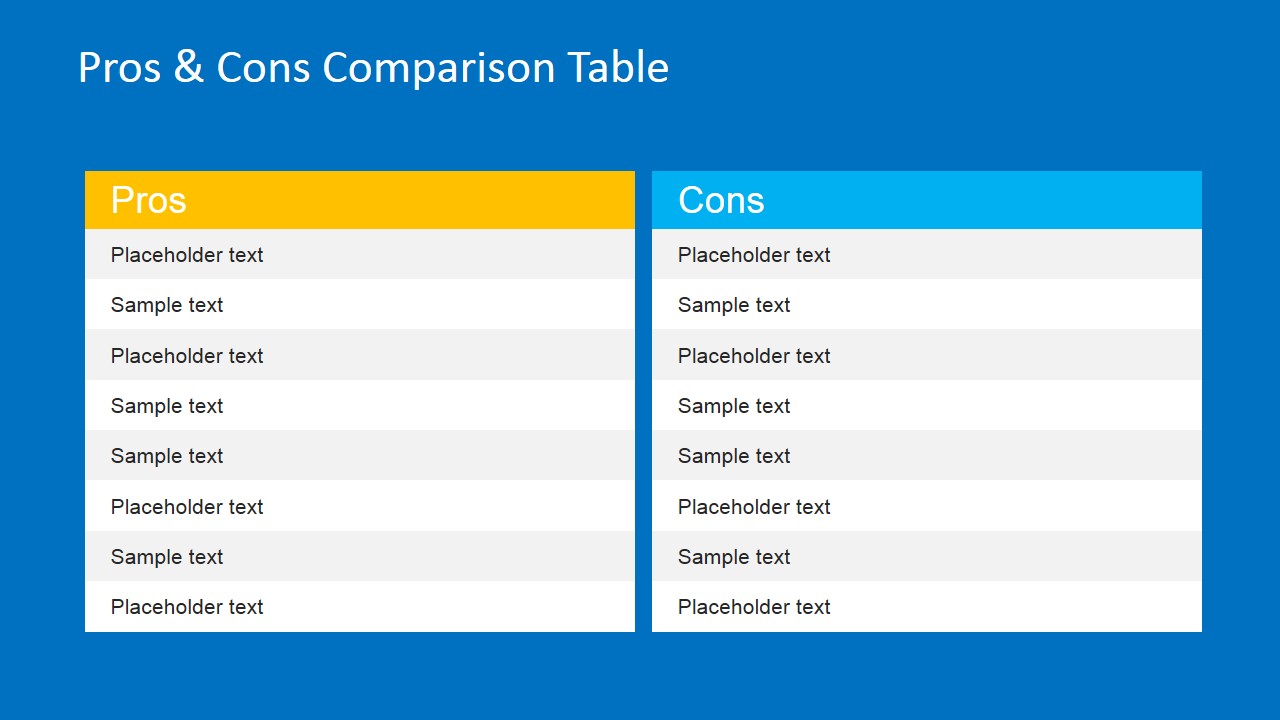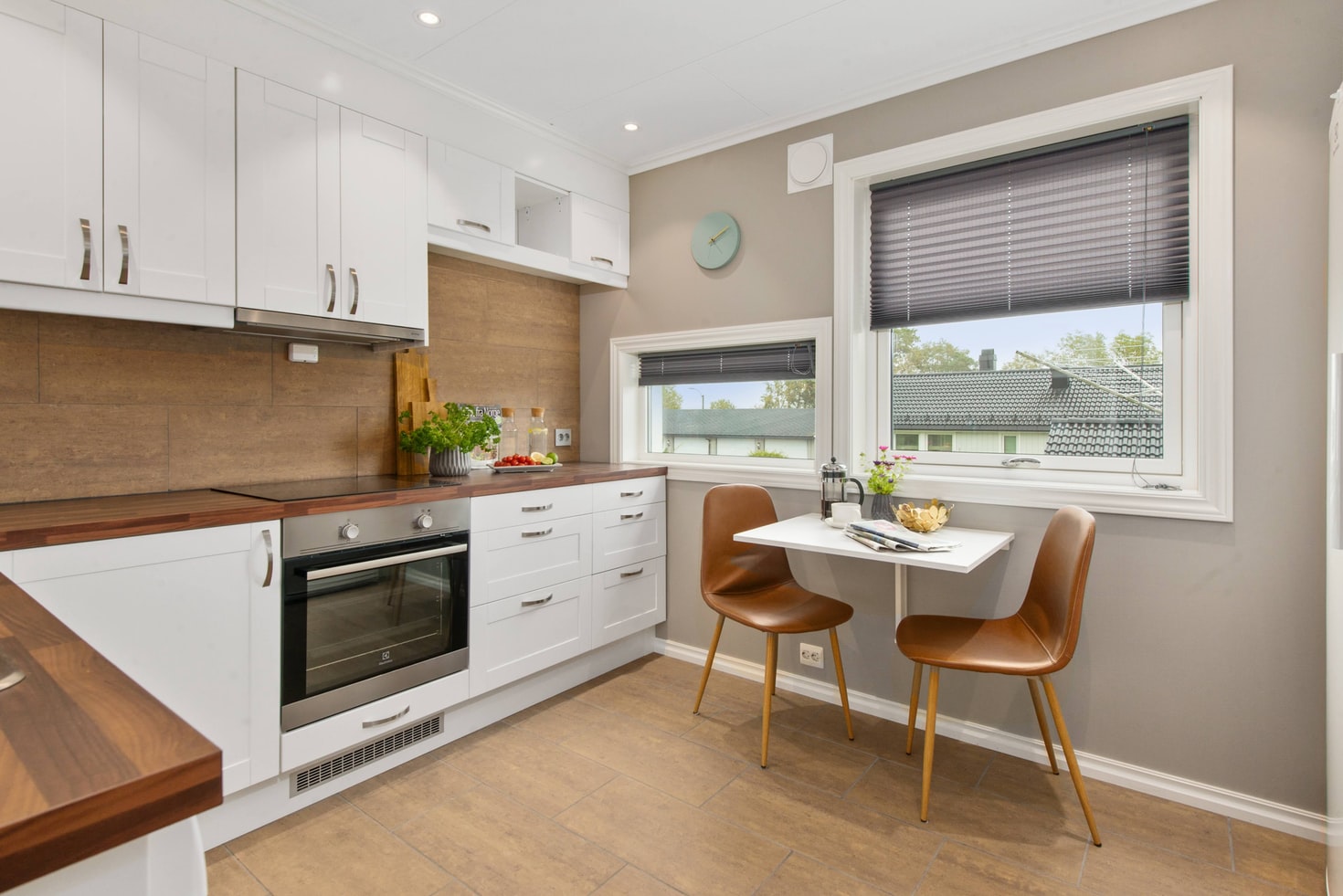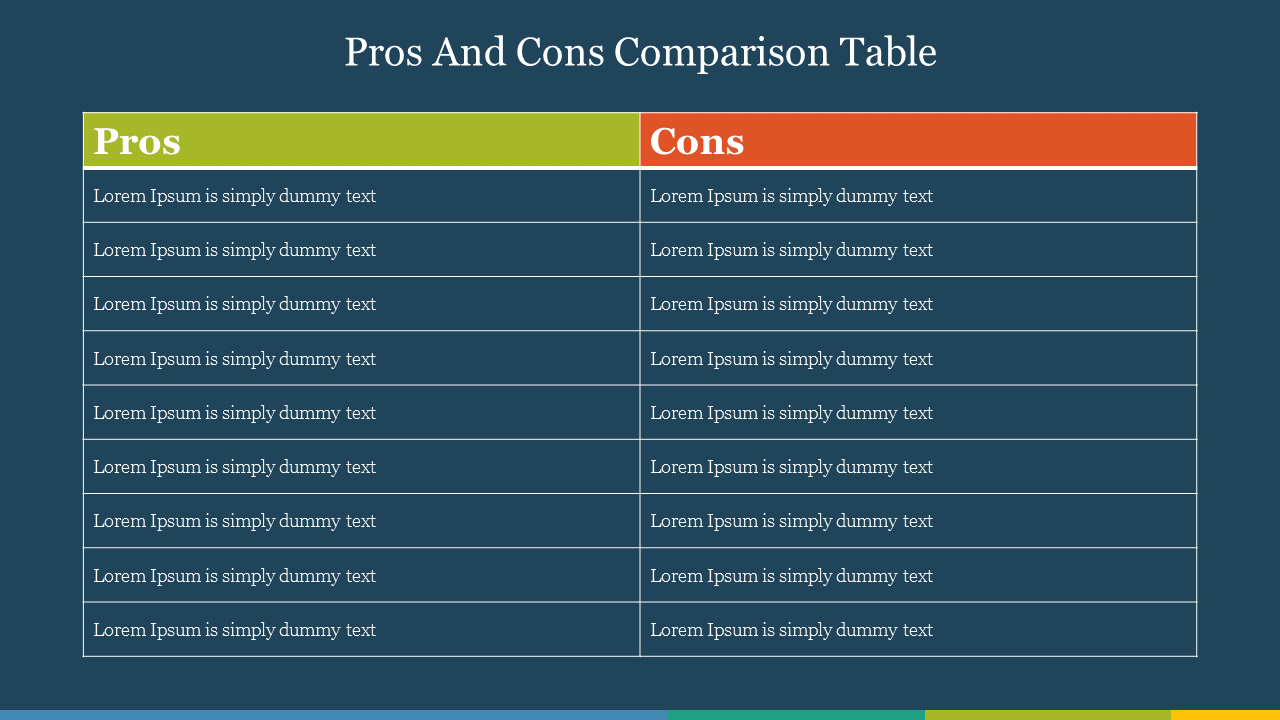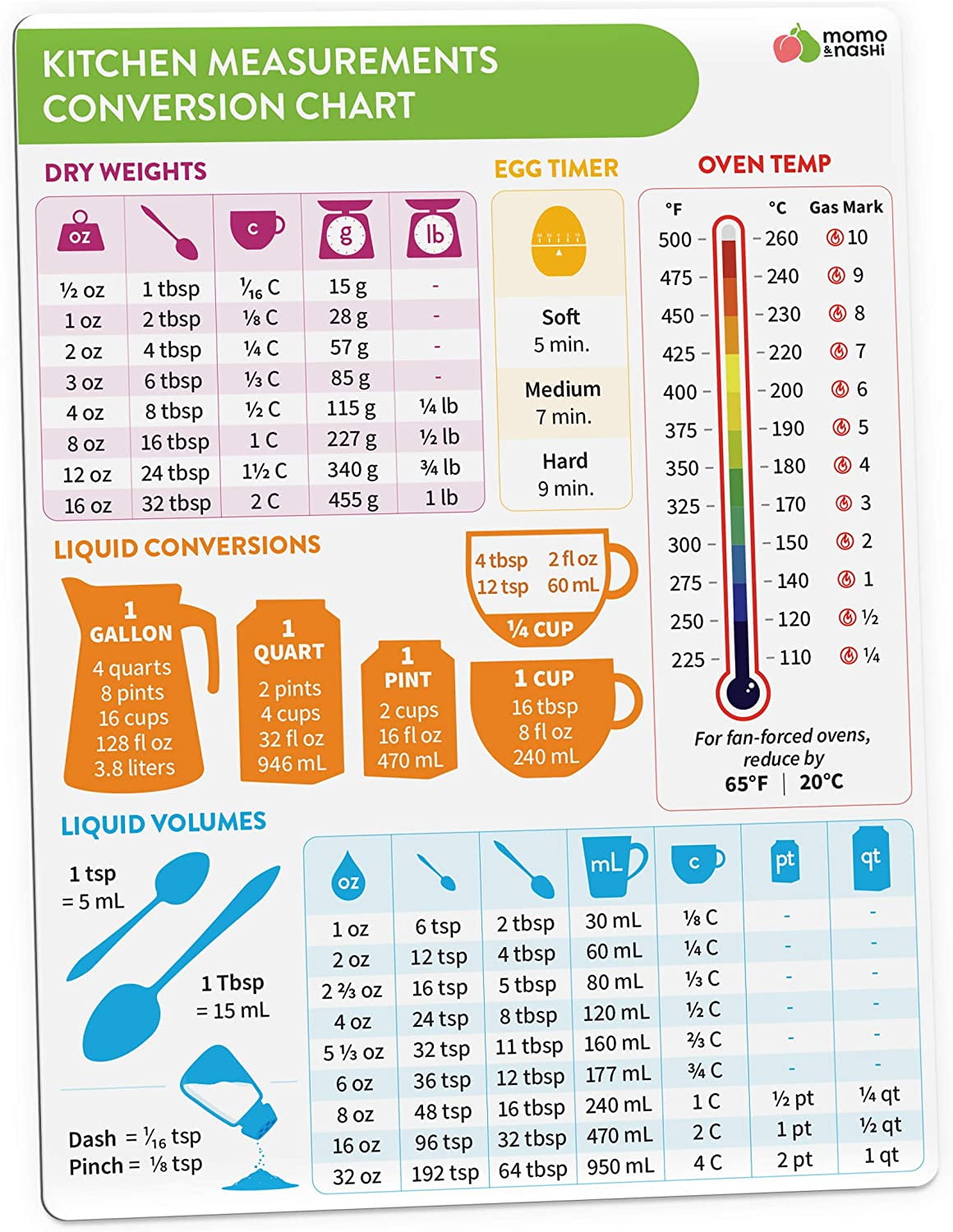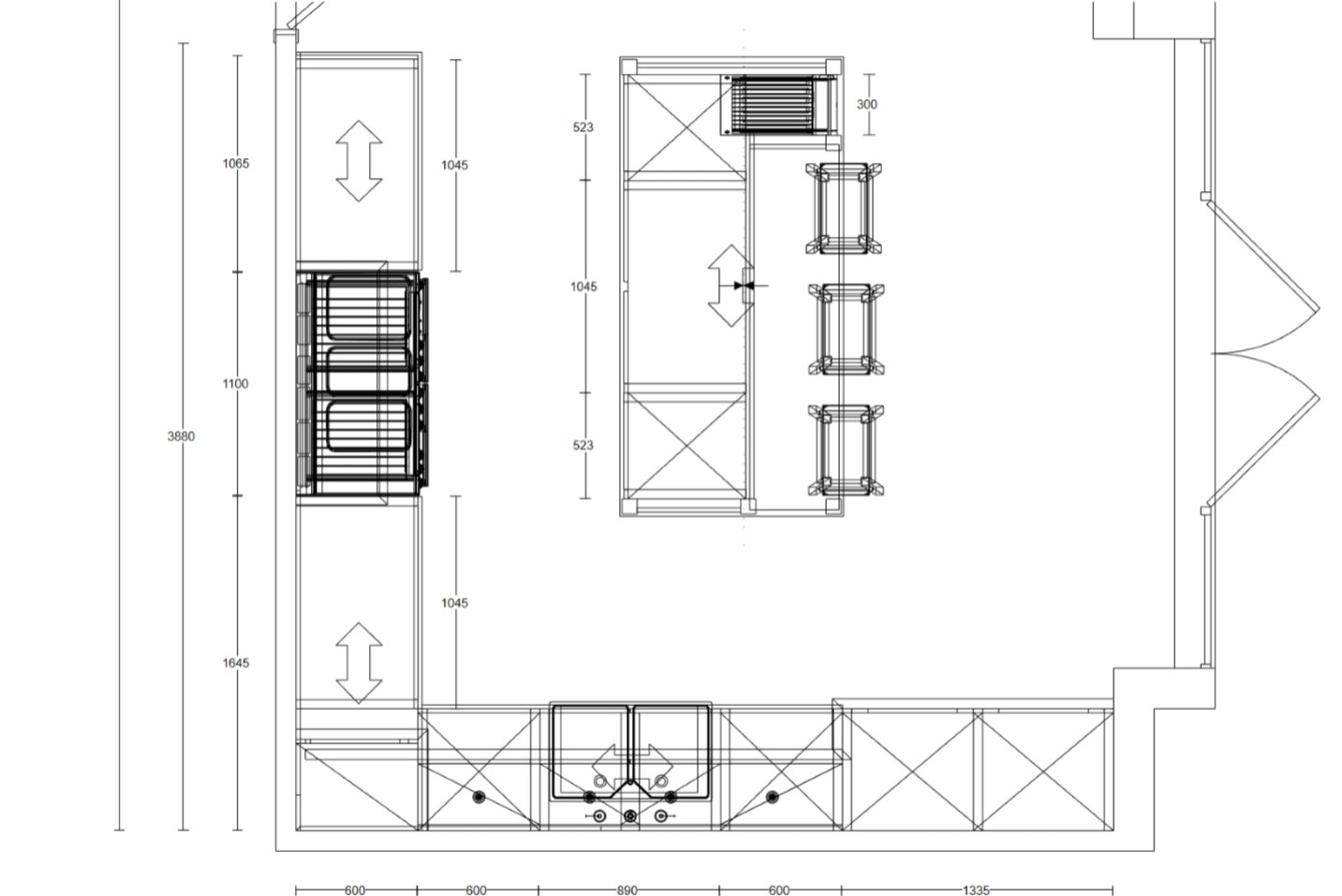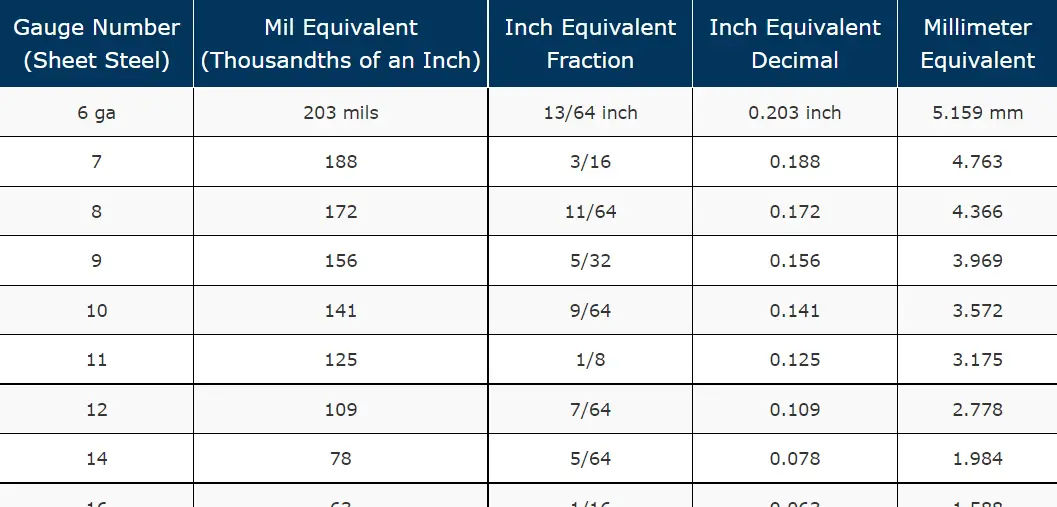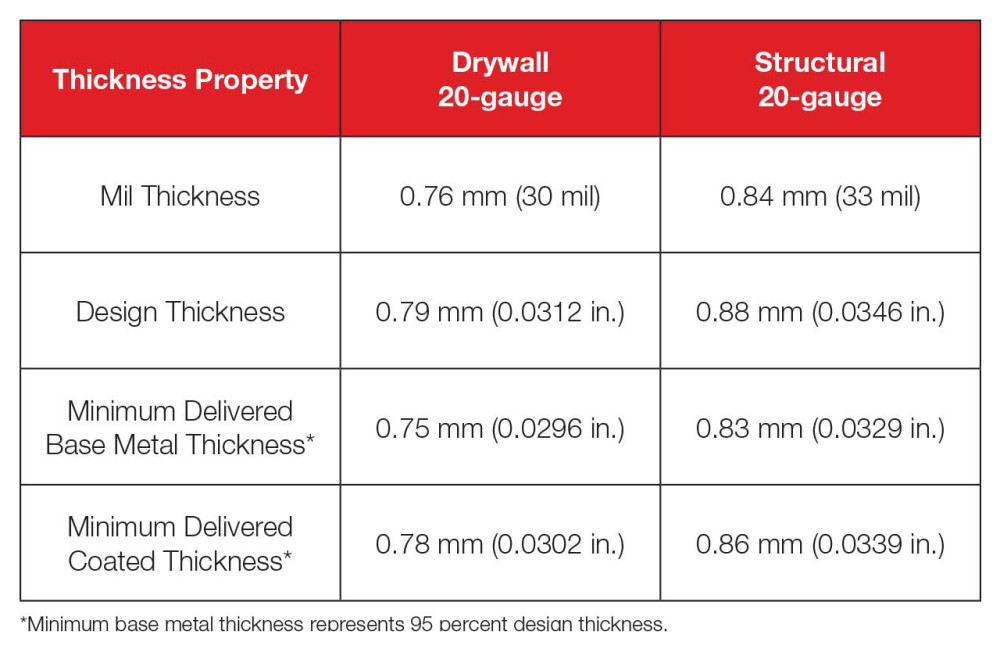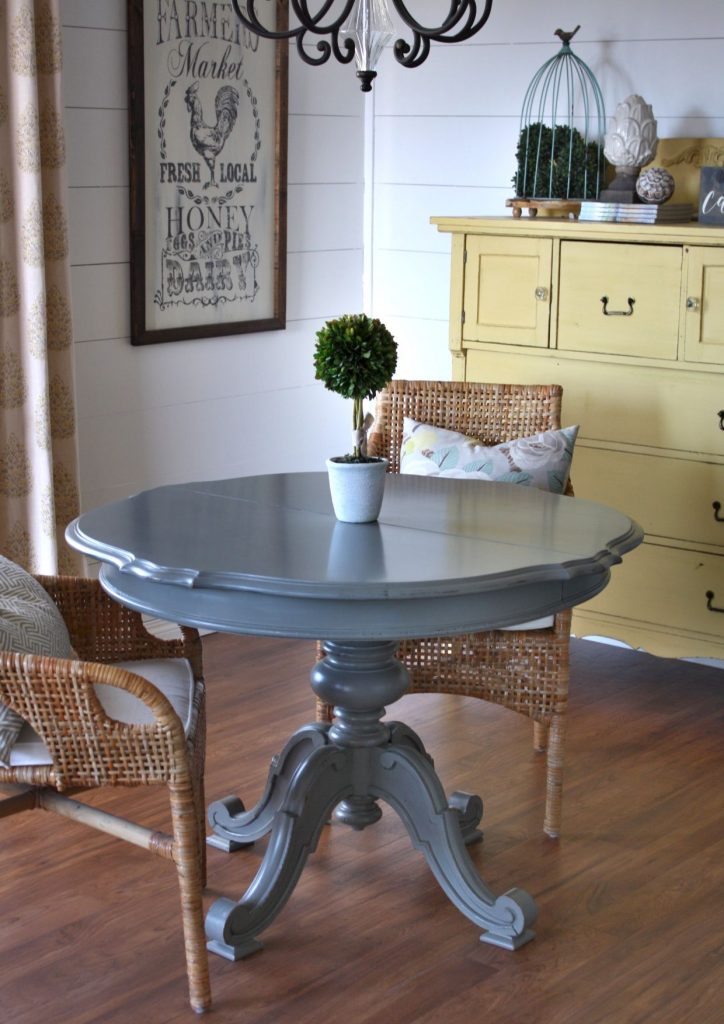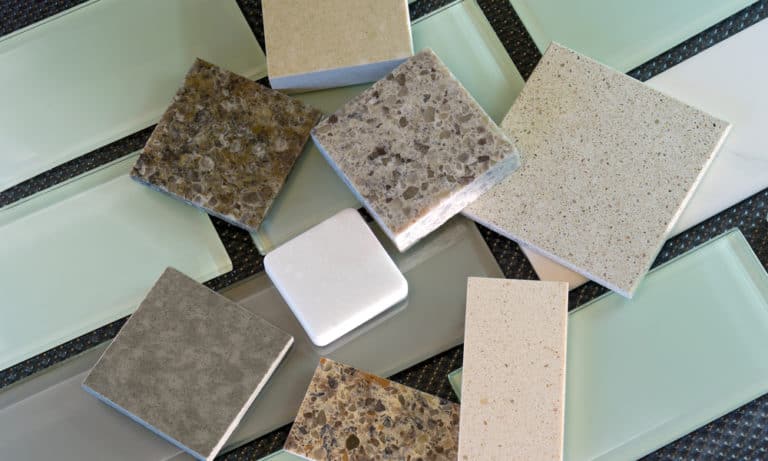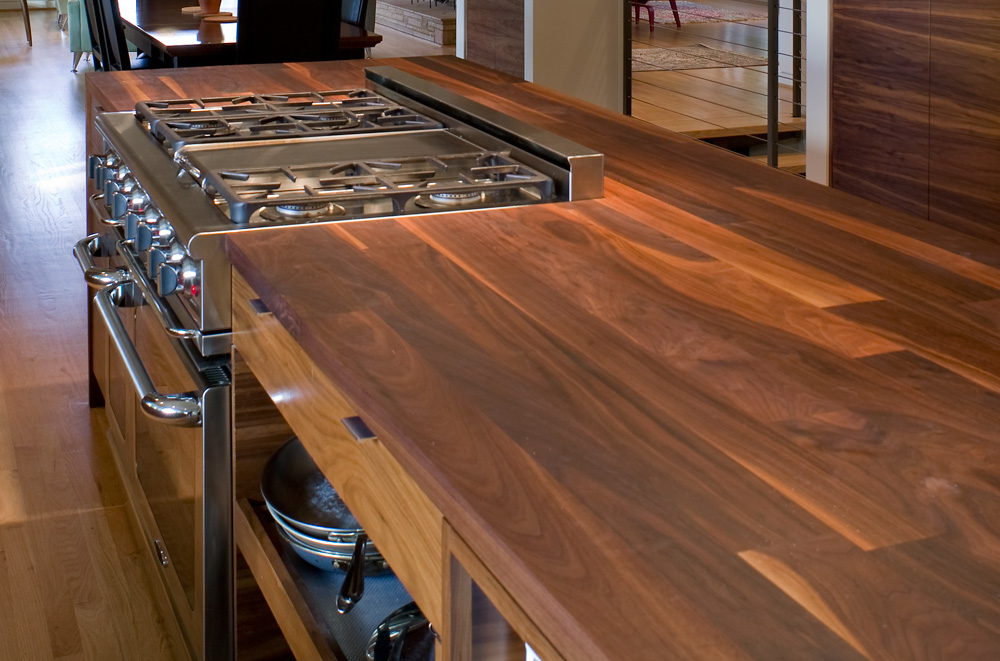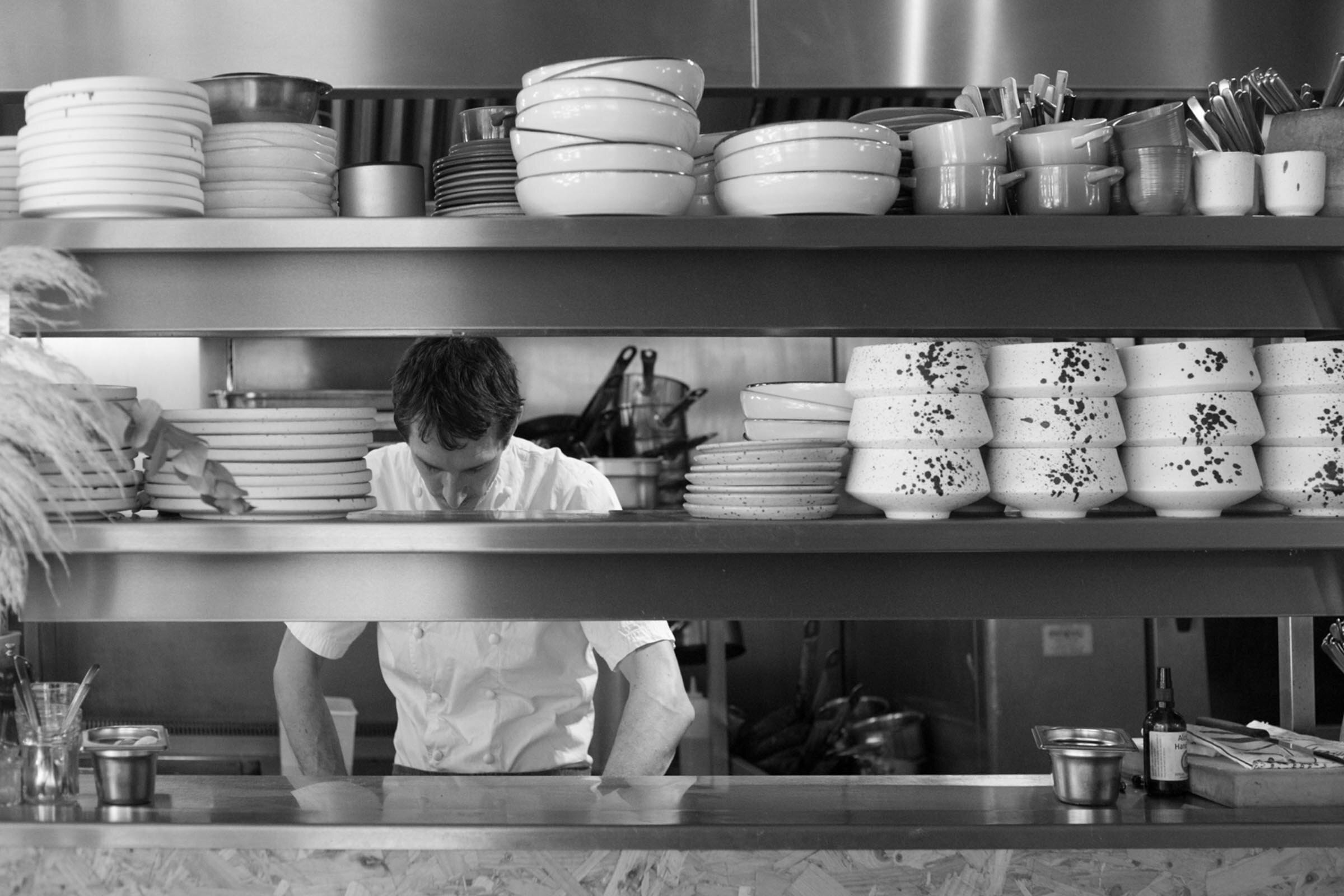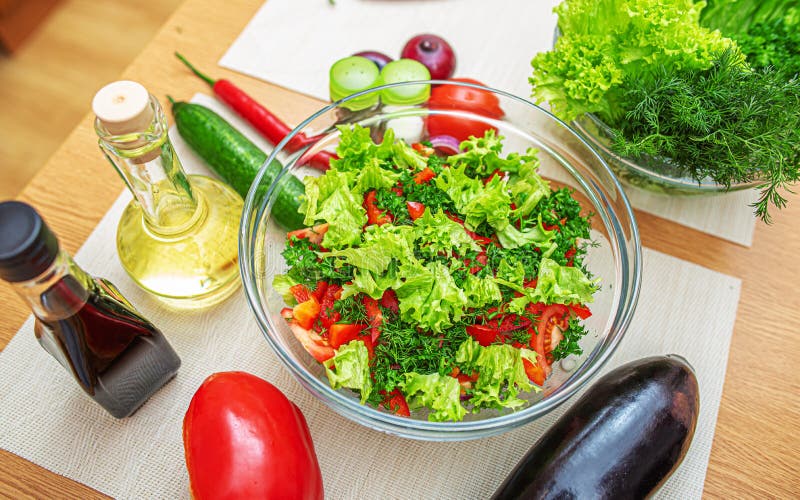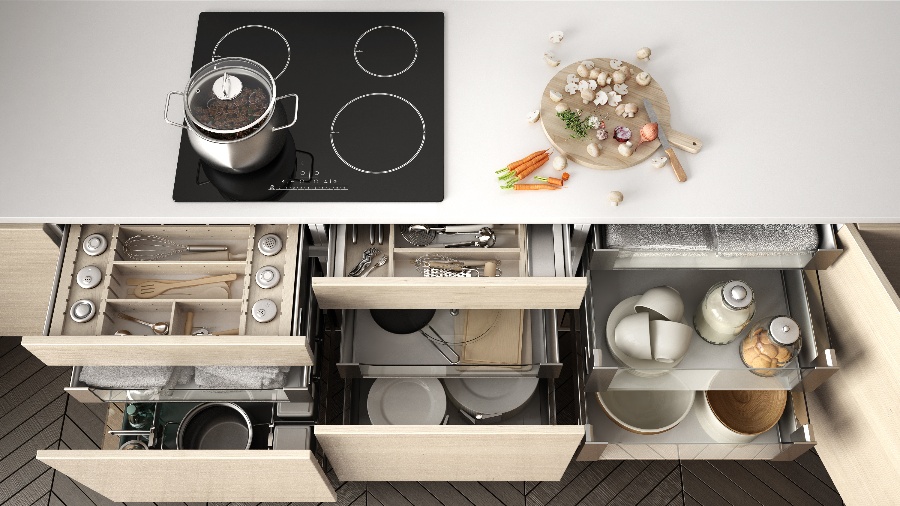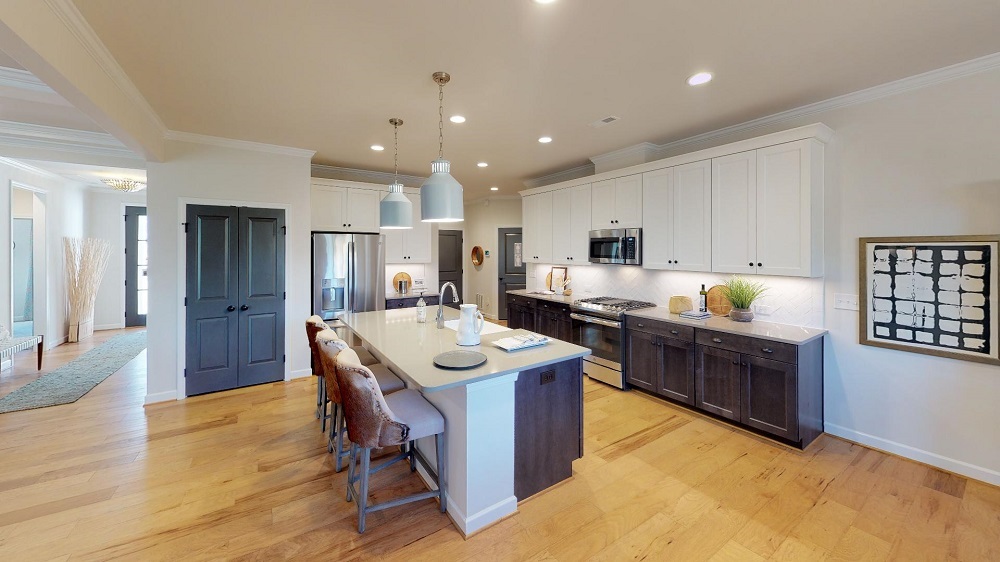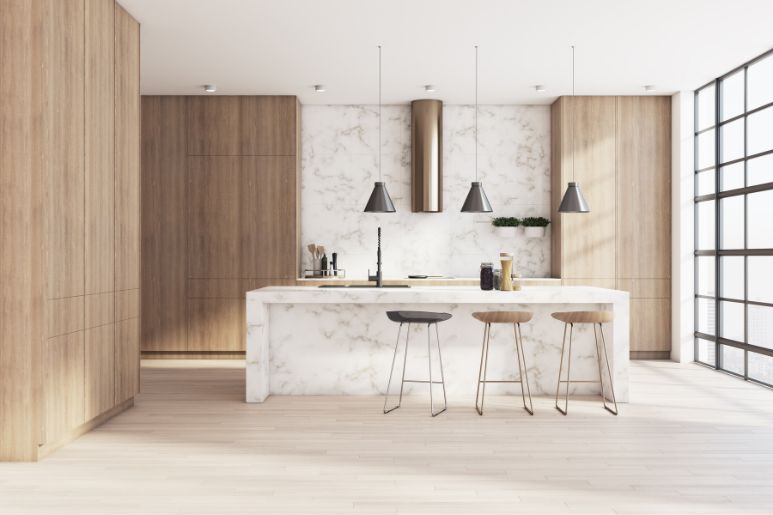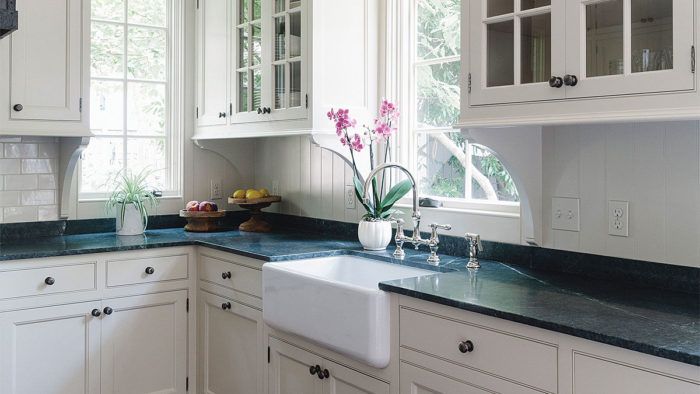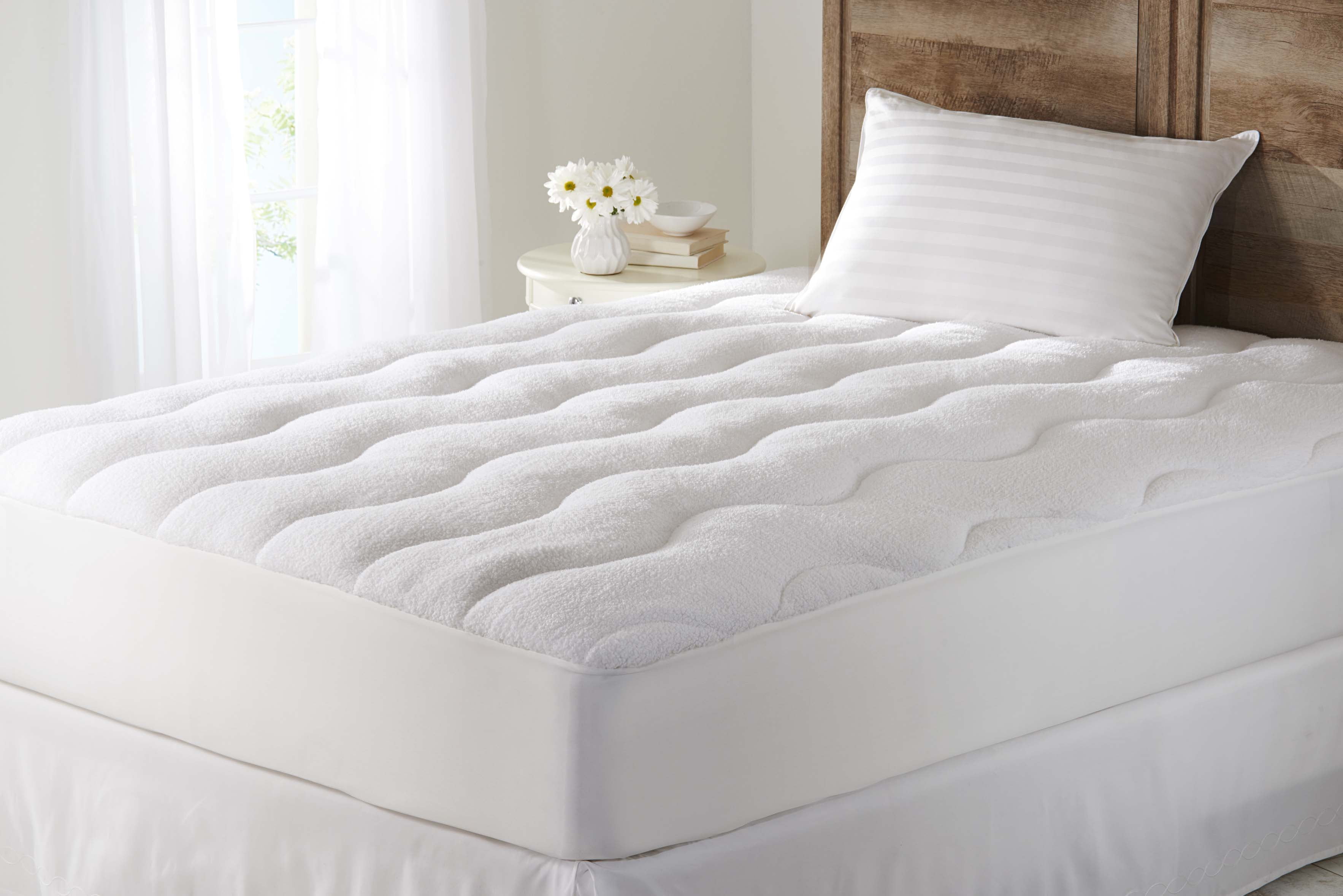When it comes to choosing a kitchen table, one important factor to consider is the thickness of the table top. The thickness can affect not only the overall look and feel of the table, but also its durability and functionality. So, what is the standard kitchen table thickness and how do you determine the right thickness for your space? Let's take a closer look.Standard Kitchen Table Thickness
The standard kitchen table thickness ranges from ¾ inch to 1 inch, with most tables falling within this range. However, the thickness can also vary depending on the material of the table top. For example, a solid wood table may have a thicker top compared to a glass or metal table.How Thick Should a Kitchen Table Be?
When deciding on the thickness of your kitchen table, there are a few factors to consider. Firstly, consider the overall design and style of your kitchen. A thicker table top can give a more substantial and traditional look, while a thinner top can create a sleek and modern feel. Another important factor is the intended use of the table. If you plan on using the table for more than just dining, such as for crafting or as a workspace, a thicker table top may be more suitable for added stability and durability.Choosing the Right Thickness for Your Kitchen Table
Aside from style and usage, there are a few other factors to keep in mind when determining the ideal thickness for your kitchen table. These include the size of the table, the weight it will need to support, and the type of legs or base it will have. A larger and heavier table may require a thicker top for added support, while a smaller and lighter table can have a thinner top.Factors to Consider When Deciding on Kitchen Table Thickness
For those who prefer the natural and warm look of a solid wood kitchen table, a thickness of 1 inch is recommended. This allows for enough weight and support while showcasing the beauty of the wood grain. However, if the table is larger in size, a thickness of 1 ¼ inch may be more suitable.Recommended Thickness for a Solid Wood Kitchen Table
The thickness of a kitchen table can affect both its appearance and functionality. A thicker table top can provide a more substantial and sturdy feel, while a thinner top can create a sleek and modern look. However, a thicker top can also make the table heavier and more difficult to move. A thinner table top may be more lightweight and easier to maneuver, but it may also be less durable and prone to warping or damage. Ultimately, the best thickness will depend on your personal preferences and needs.Pros and Cons of Different Kitchen Table Thicknesses
If you already have a kitchen table and are unsure of its thickness, you can easily measure it with a ruler or tape measure. Simply measure from the top of the table to the bottom of the table top. If the table has an apron or skirt, be sure to measure from the top of the table to the bottom of the apron for a more accurate measurement.How to Measure the Thickness of a Kitchen Table
While the thickness of a kitchen table top is important, the material it is made of also plays a crucial role in its durability. Some of the best materials for a durable kitchen table top include solid wood, granite, quartz, and tempered glass. Solid wood is a classic and timeless choice, while granite and quartz offer a more modern and luxurious feel. Tempered glass can add a touch of elegance and can be a great choice for smaller spaces as it creates an illusion of more space.Best Materials for a Durable Kitchen Table Top
So, how do you determine the ideal thickness for your kitchen table? As mentioned, it ultimately comes down to personal preference and the specific needs of your space. Consider the style, usage, and size of your table, as well as the material you prefer, to determine the best thickness for your kitchen table.How to Determine the Ideal Thickness for a Kitchen Table
If you can't find a kitchen table with the exact thickness you want, consider customizing it to fit your space and needs. Many furniture makers and retailers offer the option to customize the thickness of a table top, allowing you to create the perfect table for your kitchen.Customizing Kitchen Table Thickness for Your Space
The Importance of Kitchen Table Thickness in House Design

Creating a Functional and Aesthetic Kitchen
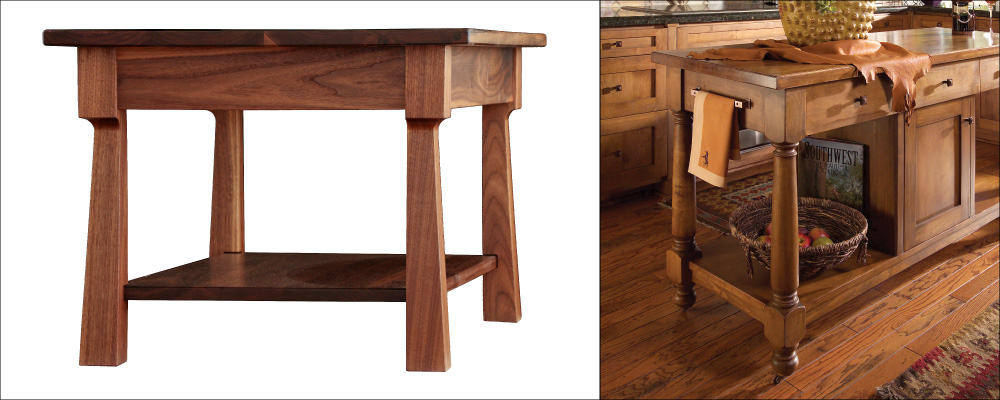 When it comes to designing a house, the kitchen is often considered the heart of the home. It is where family and friends gather to cook, eat, and socialize. As such, it is important to ensure that the kitchen is not only functional but also aesthetically pleasing. One key element in achieving this is the
kitchen table thickness
.
When it comes to designing a house, the kitchen is often considered the heart of the home. It is where family and friends gather to cook, eat, and socialize. As such, it is important to ensure that the kitchen is not only functional but also aesthetically pleasing. One key element in achieving this is the
kitchen table thickness
.
Choosing the Right Thickness for Your Kitchen Table
 The thickness of a kitchen table can greatly affect its overall look and feel. A thicker table can make a bold statement and add a sense of solidity to the space, while a thinner table can create a more delicate and elegant look. However, it is not just about aesthetics. The thickness of a kitchen table also plays a crucial role in its functionality.
Thicker tables
are more durable and can withstand heavy use, making them ideal for families who spend a lot of time in the kitchen. They are also less likely to warp or crack, ensuring longevity and value for your investment. Thicker tables also provide a sturdier surface for food preparation and cooking, making them a practical choice for avid home cooks.
On the other hand,
thinner tables
are lightweight and can easily be moved around, making them a great option for smaller kitchens or for those who like to rearrange their space frequently. They are also more versatile when it comes to design, as they can be made into different shapes and sizes to fit any kitchen layout.
The thickness of a kitchen table can greatly affect its overall look and feel. A thicker table can make a bold statement and add a sense of solidity to the space, while a thinner table can create a more delicate and elegant look. However, it is not just about aesthetics. The thickness of a kitchen table also plays a crucial role in its functionality.
Thicker tables
are more durable and can withstand heavy use, making them ideal for families who spend a lot of time in the kitchen. They are also less likely to warp or crack, ensuring longevity and value for your investment. Thicker tables also provide a sturdier surface for food preparation and cooking, making them a practical choice for avid home cooks.
On the other hand,
thinner tables
are lightweight and can easily be moved around, making them a great option for smaller kitchens or for those who like to rearrange their space frequently. They are also more versatile when it comes to design, as they can be made into different shapes and sizes to fit any kitchen layout.
Considerations for Choosing the Right Kitchen Table Thickness
 When deciding on the thickness of your kitchen table, it is important to consider your lifestyle, budget, and overall design aesthetic. Thick tables may come at a higher cost, but their durability and functionality make them a worthwhile investment in the long run. On the other hand, thinner tables may be more budget-friendly and offer more design versatility, but may not be as durable.
Additionally, the type of material used for the table can also affect its thickness. For example, solid wood tables tend to be thicker and heavier, while laminate or composite tables can be made thinner without compromising their strength.
In conclusion, the
kitchen table thickness
is an important aspect to consider in house design. It not only contributes to the overall look and feel of the kitchen, but also plays a significant role in its functionality. By carefully considering your needs and preferences, you can choose the right thickness for your kitchen table that will enhance both the form and function of your space.
When deciding on the thickness of your kitchen table, it is important to consider your lifestyle, budget, and overall design aesthetic. Thick tables may come at a higher cost, but their durability and functionality make them a worthwhile investment in the long run. On the other hand, thinner tables may be more budget-friendly and offer more design versatility, but may not be as durable.
Additionally, the type of material used for the table can also affect its thickness. For example, solid wood tables tend to be thicker and heavier, while laminate or composite tables can be made thinner without compromising their strength.
In conclusion, the
kitchen table thickness
is an important aspect to consider in house design. It not only contributes to the overall look and feel of the kitchen, but also plays a significant role in its functionality. By carefully considering your needs and preferences, you can choose the right thickness for your kitchen table that will enhance both the form and function of your space.





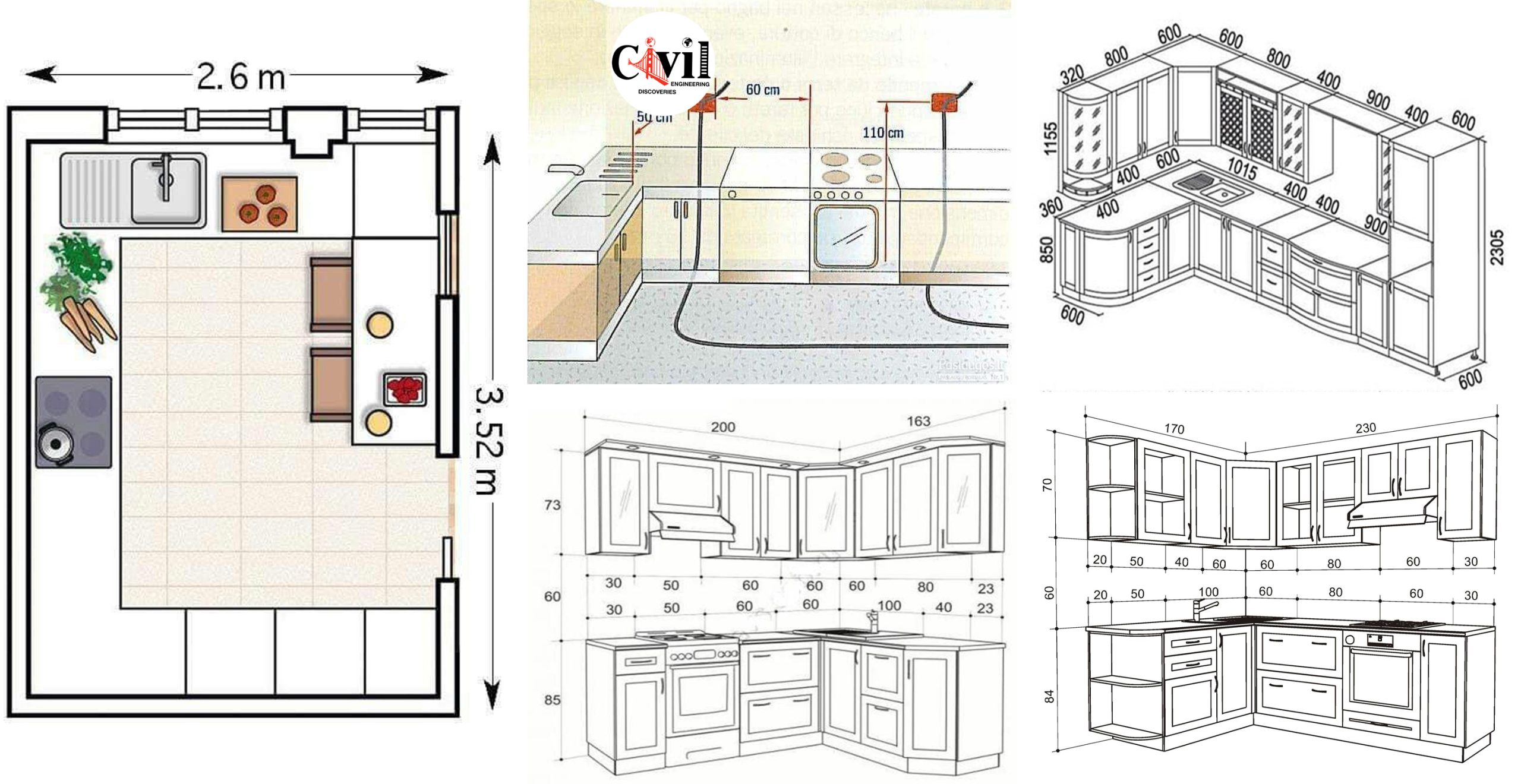
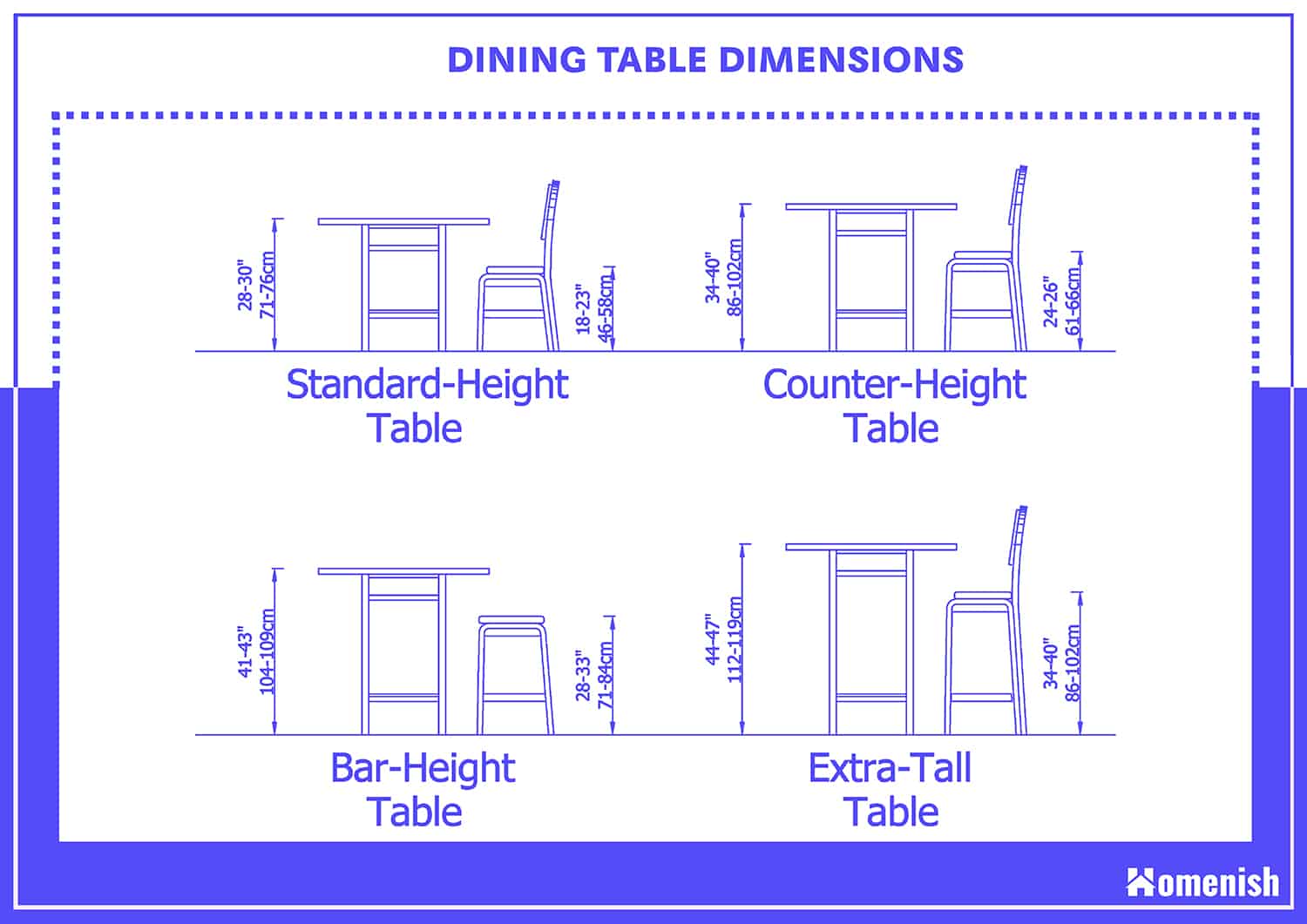
:max_bytes(150000):strip_icc()/standard-measurements-for-dining-table-1391316-FINAL-5bd9c9b84cedfd00266fe387.png)

